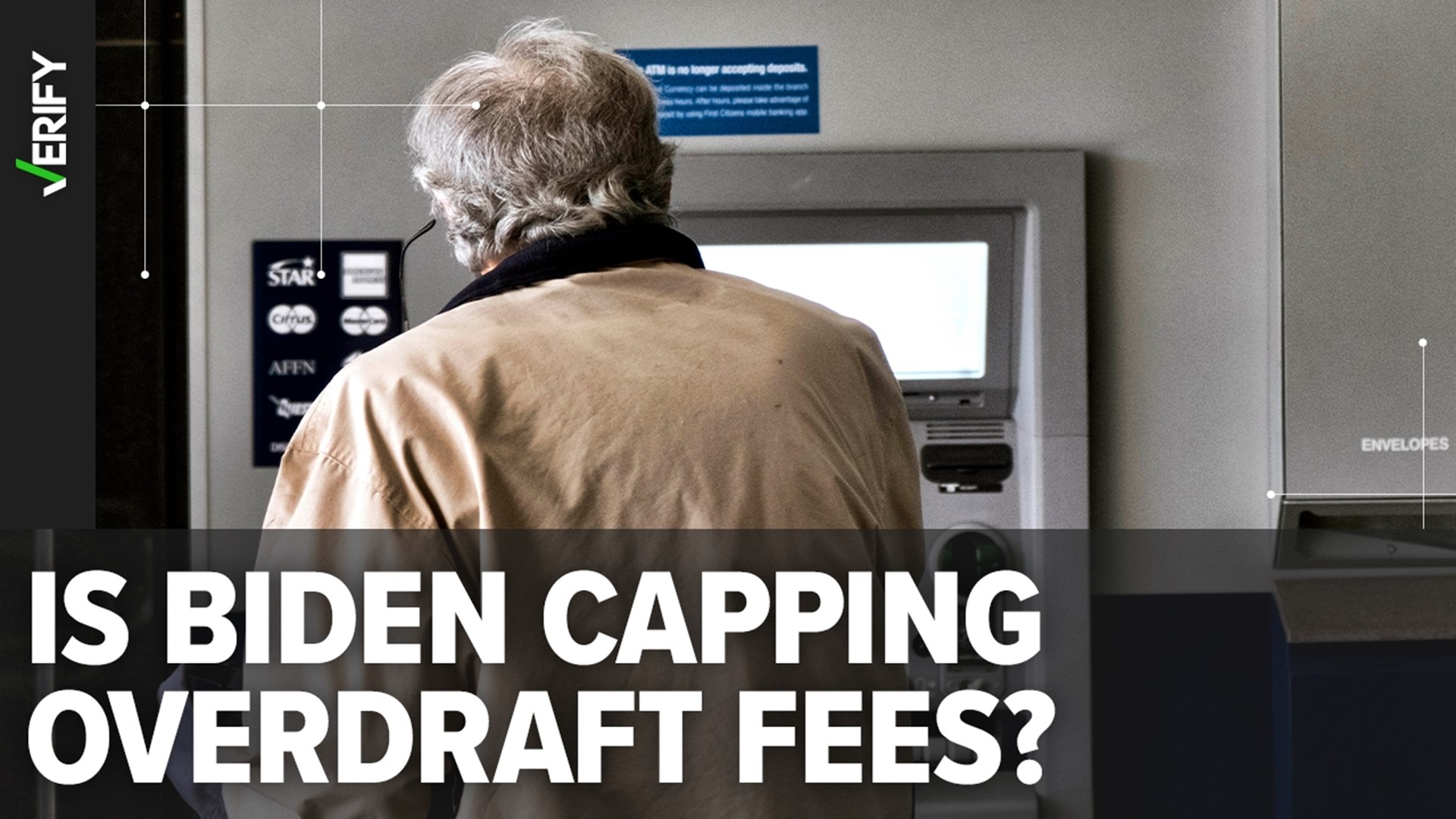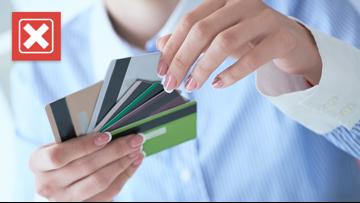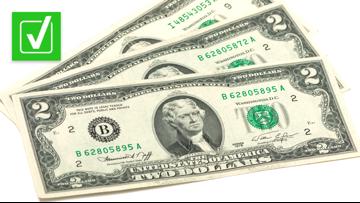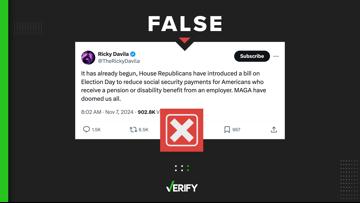When you spend more money than you have in your bank account, your bank may cover the difference and allow the transaction to go through, then charge you for the service. That charge is known as an overdraft fee.
Overdraft fees are often $30 or more, even if the covered transaction was only a few dollars. Since 2010, banks have only been allowed to provide this service if the customer opts into it, but research shows banks still make billions off these fees and it’s usually the poorest families paying them.
But posts like this one claim the Biden administration is “ending bank overdraft fees as we know them” by capping them at as low as $3. Many of the replies to the post included questions about this potential change.
THE QUESTION
Is the Biden administration capping overdraft fees at $3?
THE SOURCES
THE ANSWER
The Biden administration is proposing a rule that would rein in overdraft fees, but it might not take effect until 2025. The rule change would give banks two options for providing overdraft services, including one that could result in fees between $3 and $14.
WHAT WE FOUND
Loans are tightly regulated in America, primarily via a law called the Truth In Lending Act. But right now, overdraft services aren’t legally considered loans, even though they consist of banks providing money and expecting repayment plus a fee. That means overdraft fees go relatively unregulated.
The Biden administration, specifically the Consumer Financial Protection Bureau, has proposed a rule change that would modify how the government interprets and enforces the Truth In Lending Act. The proposal would classify overdraft fees as a type of loan.
In doing so, the proposed rule would give big banks two options for providing overdraft services.
With the first option, the banks can continue offering unregulated overdraft services, but they can’t profit off them.
That means they can only charge as much as it costs them to break even on the transaction, and they have to prove to the government how much it costs. If they prefer to avoid the more complicated work of providing such a cost breakdown, banks could opt to charge a flat fee that’s pre-approved by the government. That fee has yet to be determined; the proposal says it could be as low as $3, but it could be as high as $14.
The other option allows banks to make a profit from providing overdraft services, but they have to treat them as loans.
That means following all the rules for loans, such as disclosing the interest rate, which would allow customers to price shop. In practice this could be complicated for banks, as they would have to establish lines of credit for fairly small transactions.
Rule changes like this require public comment before finalizing, and the administration doesn't expect the changes to take effect until October of 2025.
That also means if Biden loses the 2024 presidential election, the next president could simply stop this change from taking place. Some Republicans have already come out against the proposal, claiming it would restrict consumer choice.












